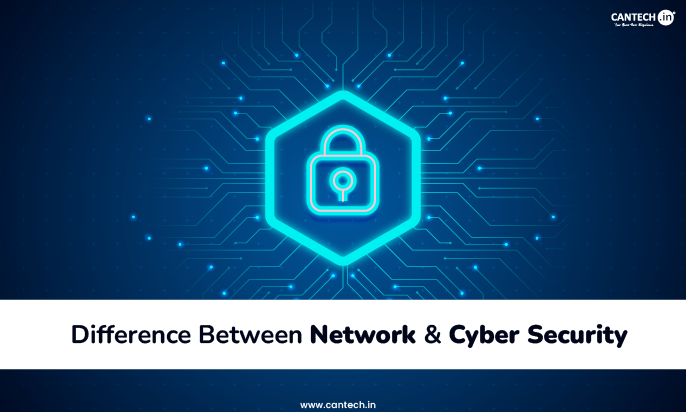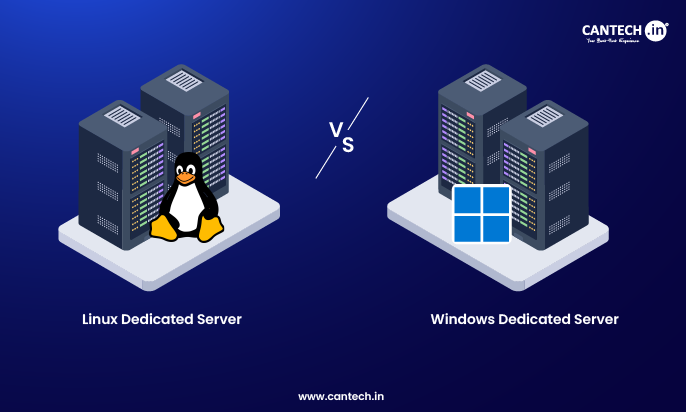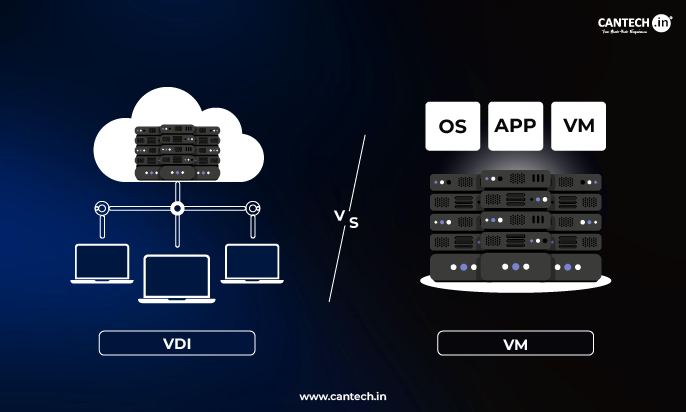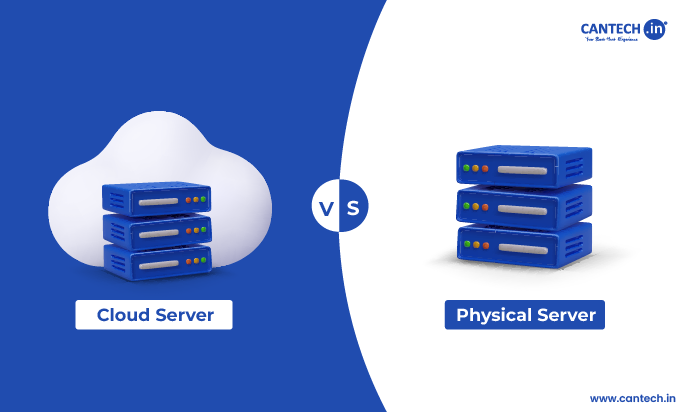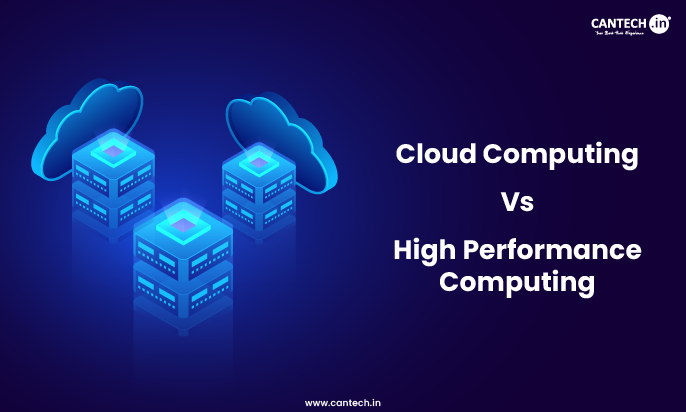Security is one of the prime concerns whether it be at your house, office or your digital workspace. Let’s say at your house, you put the locks on the doors, shut down the windows and might also have a camera to get everything protected. Similarly, if we think about our digital lives, it is crucial to keep everything secure in your email, social media platforms, work data, online banking, etc.
Are you looking for ways to keep that secure, too?
As we continue to shift more of our lives digital like remote jobs, storing files in the cloud or shopping online. The chances of threats are likely to increase gradually. Hackers, and scammers are constantly in search of ways to capture data and exploit vulnerabilities. Digital security is not only just an issue for IT professionals, but almost for everyone. And in the world of digital security, the terms network security and cyber security are often misinterpreted and seem confusing.
To get better clarity, here we’ve prepared a detailed blog that outlines the difference between cyber security and network security. Let’s go through it!
What is Cyber Security?
Cybersecurity is similar to the head of security for your digital life as a whole. It refers to keeping everything secure and connected to the internet like data, devices, networks, apps, systems, hence protecting from threats and attacks.
Cybersecurity is really a broad concept and includes the following!
- Protect sensitive data or information from theft or corruption.
- Ensure complete security of devices like laptops, tablets, and phones.
- Securely protect cloud services like Google Drive or Dropbox.
- Safety of applications and ensuring timely updates.
- Managing user identity so that the right people get access to the right things.
Advantages of Cybersecurity
Complete Protection
Cybersecurity provides extensive protection of nearly every digital system. From the networks, devices, and applications, and servers to data, it covers everything in the digital realm. From desktops to cloud, mobile phones to drones, cybersecurity works to protect every point of attack that cyber criminals could potentially exploit. Running a DNS leak test further helps identify vulnerabilities in network configurations and ensures sensitive information is not unintentionally exposed.
Establish Business Consistency
A substantial cyberattack can harm business operations. Cybersecurity elements help prevent interruptions, and even if they do occur, recovery mechanisms will help ensure operational continuity. This is critical to minimize losses and maintain customer trust.
Compliance with Data Regulations
When following data requirements, compliance is essential to reduce organizations’ exposure to legal regulations and reputational repercussions. Cybersecurity solutions can help organizations with regulatory compliance if they rely on certain legislation like GDPR, HIPAA, etc.
Disadvantages of Cybersecurity
High Costs
Cybersecurity can be expensive for small to mid-sized businesses. Everything from advanced security tools to hiring skilled professionals and training staff all adds cost.
Complex Integration
Cybersecurity requirements may vary from business-to-business. For instance, an organization may have a layer of protection to address endpoint security, encryption, monitoring tools, and access control, but the more layers there are, the more challenging it can be technically. Poor integration could potentially create security gaps, or may lead to inefficiency.
Continuous Updates
Cyber-related threats are continually increasing. To prevent this, the need for cybersecurity systems and updating them continuously have increased rapidly. The cybersecurity systems like firewalls, antivirus, endpoint security etc. needs to be monitored regularly to prevent threats.
User Friction
Some security practices are enforced, such as frequent password changing, multi-factor authentication, or restricting access to certain applications at certain times. In conclusion, while these practices are applied for a good cause, users may feel the inconvenience, counteracting the level of productivity or engage in risky behavior to stop the disturbance.
What is Network Security?
Network security is a type of cybersecurity that focuses on securing the flow of information traveling across the network whether that is home Wi-Fi, office LANs, or large IT offices. It ensures three basic points:
- Confidentiality – Data is delivered to the right person.
- Integrity – Information provided is not changed in any manner.
- Availability – The data is not lost or delayed.
Network security tools like firewalls, VPNs, and IDS provide effective functions like authentication, and routing that data across the network. Here’s how they serve the purpose:
- Firewalls allow safe traffic and resources moving in and out.
- VPNs (Virtual Private Network) creates a safe, private bridge across the internet.
- Intrusion Detection System (IDS) verifies network bits, bytes and registers an alarm that something appears off.
- Network segmentation acts like walls between offices in a building.
Advantages of Network Security
Data Protection During Transmission
Network security addresses the protection of data while in transmission state. As a subset of data security, network security works to prevent hackers from stealing data in the transit phase. For example, an online transaction, email or file transfer, or remote communication.
Prevents Unauthorized Access to Networks
Firewalls, intrusion detection systems (IDS), and access control policies can create a clear path when entering a network and help ensure that only authorized users and devices can connect to the network. Authorized users and devices that have committed to use of the network safely reduces the likelihood of either external attacks or internal attacks.
Helps Mitigate Service Outages
Some attacks are explicitly designed to crash networks while others create systemic inefficiencies that lead to service interruptions. Distributed Denial of Service (DDoS) is an attack that places on networks intent to sections crashing the service being offered. Network security services can detect attacks and prevent DDoS attacks or other disruptions from occurring. By identifying threats to operational efficiency of websites, email, or other internal systems ensures continuity of service.
Easy Remote Access
With an increased trend towards remote jobs, employees have secure access to networks when outside of the office. Technologies assist to secure access to networks where integrity of the connection is verified; these technologies include Virtual Private Networks (VPNs) and other secure protocols.
Increased Visibility
Network security services provide administration control to monitor traffic and behavior of users. It creates visibility where administrators can actively identify unusual behaviors and patterns for early alerting of threats before damage occurs.
Disadvantages of Network Security
Offers Network Security Only
Network security is only part of a cybersecurity framework. It only targets and defends the data during transit and the network itself. It does not deal with potential threats at the application level, the user level, or in the cloud.
Costly for Complex Networks
As networks grow larger and more complex, the tools needed to secure it such as advanced firewalls, network segmentation options, and real-time monitoring options, will also be larger, more complex, and costlier. Even large organizations will employ teams completely dedicated to network security.
Affects System Performance
Security tools will monitor access or filter network traffic, potentially degrading successful performance. Without proper configuration, they may slow the system down for legitimate users, or prevent them from accessing exactly what they need.
Difficult to Set Up and Maintain
Setting up and configuring secure, yet usable networks requires having technical knowledge. Incorrectly configuring a firewall, or forgetting to close a port, can create a vulnerability. Even ongoing risk management can become burdensome.
Cyber Security vs. Network Security: Which is Best?
| Features | Network Security | Cybersecurity |
| Definition | Data protection within a computer network. | Protects all data systems from cyber threats. |
| Scope | Narrow concept with prime focus on traffic and infrastructure. | Broader concept including network security. |
| Primary Threats Addressed | Unauthorized access, network breaches, Dos & DDos attacks. | Malware, phishing, insider threats, etc. |
| Protection For | Local and wide-area network security. | Securing all environments like network, devices, data, cloud, etc. |
| System Layer | Works on the network layer. | Works on multiple layers. |
| Tools Used | Firewalls, IDS, VPNs, etc. | Antivirus systems, SIEM Systems, etc. |
| Target Audience | IT professionals, Network Engineer | Security analysts, CISOs, cybersecurity professionals. |
| Ideal for | To secure remote connections, to manage access control, etc. | Protect sensitive data, defend against cyber threats. |
Also Read: What is Cloud Security?
Conclusion
Network security and cybersecurity have much in common, but they serve different purposes in the digital world.
Network security is primarily concerned with protecting data as it flows across networks and protecting routers, switches, and communication protocols from unwanted access and possible attacks. Cybersecurity is a wider term that includes network security, but it protects everything from your devices and data to applications, cloud, etc.
In this hyper-connected world, network security and cybersecurity will not be ignored by both individuals and organizations. For everyone that is securing their digital environment will decide whether they will use one or the other. They are going to use both and will use security best practices utilizing both technologies and principles to the fullest extent that they can.
Frequently Asked Questions
1. Explain the difference between network security and cybersecurity.
Network security is a subset of cybersecurity. Network security is focused solely on protecting networks and protecting data that is traversing the networks, while cybersecurity includes networks, devices, applications, and to all threats that are present in a system and to its digital assets.
2. Can you have cybersecurity without network security?
Not really. Network security is a foundational layer of cybersecurity. Without network security, you can’t be certain that you have protected against so many other threats that could be intrusive such as access, interception of data, DDoS attacks, etc.
3. Explain the usage of cybersecurity and network security.
Cybersecurity can be useful for every individual protecting their own data, organizations minimizing the risk of customers losing personal information, or IT professionals running enterprise-level applications. For network security, this applies to organizations managing internal networks, managing secure remote access or hosting or managing services remotely.
4. Which tools are used for network security and cybersecurity?
Network security tools like Firewalls, Intrusion Detection Systems (IDS), Intrusion Prevention Systems (IPS), VPNs are used widely. Cybersecurity tools like Antivirus software, SIEM platforms, endpoint protection, data encryption, and multi-factor authentication (MFA) are used to a great extent.
5. Is cybersecurity used by large companies only?
No, not at all. Cybersecurity is for everyone from individuals to small businesses, to startups and large enterprises.
